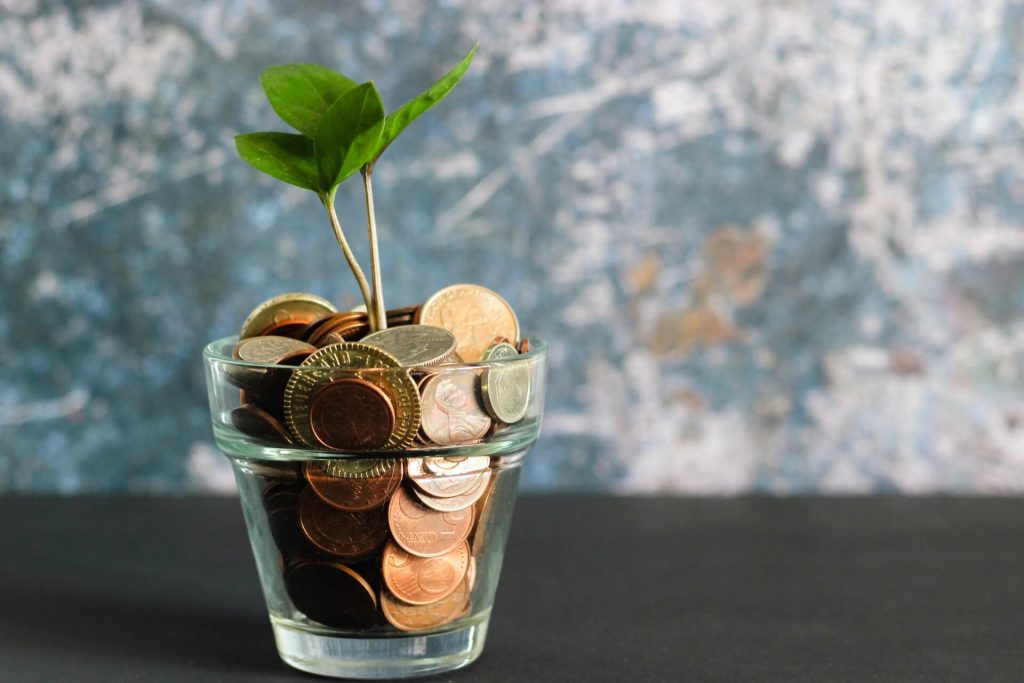It’s a given that luxury items and brands cost more as the manufacturing, materials, and overall planning that goes into it makes it far more so. However, why is it that sustainable products are getting expensive too? Shouldn’t it be the opposite, considering the whole point of sustainability is to encourage a greater population to practice being environmentally conscious? Companies have supposedly started making sustainability unaffordable, so the idea has circulated that sustainability may be too difficult to practice for those earning lower pay. Is this a myth or fact? And how can we help in our own way, based on our own income?
How is Sustainability Seen as Potentially Unaffordable with Companies?
Companies consider sustainability expensive, according to Stephan Liozu, Ph.D, from Industry Week, and while it can certainly cost a lot, many companies do not view it as a long-term investment. For example, Liozu states that implementing environmentally conscious models company-wide can actually be more efficient in the long run, such as using more energy-efficient technology. Perhaps the “down payment” for these kinds of technologies can be a lot, but in the end, more money (and in this case, energy costs) is saved.
Marco Bertini, a professor of marketing at Esade, an educational institution in Spain, adds tips for companies that have doubts concerning selling green products. Companies tend to have green premiums that come along when practicing sustainability (added prices), so a good way to at least move towards smarter prices is to be transparent about the premiums. Often times, with catching sight of a premium, if you happen to see why it costs more, then your purchasing decision gets impacted because you’re better informed. Another thing companies should ultimately consider is the outcome of their choices. Rather than developing fashion for profit, thinking of how they can provide clothes for people is important. Reworking their mindset can eventually lead to freer thinking on how their company can develop (Esade Do Better).
How is Sustainability seen as Potentially Unaffordable for People?
Sustainability can be potentially unaffordable for individuals because it’s just cheaper to be convenient. The negative impacts of convenience are not necessarily their fault, but people tend to buy less organic (and therefore less eco-friendly) things because they simply cost less money, as Lea Schmid, with a MSc in International Marketing, and the deputy editor from Inspire the Mind, says. Organic resources are healthy and more eco-friendly, but it’s not really easy to buy them all the time, since its priced higher (Inspire the Mind). Benjamin Bouff, a professor of marketing at IESEG School of Management, from an The Conversation article, adds that the complexity of having to choose between one’s financial wellbeing and the environment tends to perpetuate even more inequality, environmentally and socially. This pushes people to buy from companies that adhere to environmentally harmful standards, such as Shein, as Bouff points out, which is a very fast-fashion oriented company. The effects of sustainability being harder for the general population to afford is not only detrimental in the short-term, but also in the long-run. Ultimately, for many, they feel they do not have a choice or that their actions are too small, but they do have a choice and every small action leads to a bigger impact. Just as companies need to strive for, we also must change our opinions on sustainability and our impact on the environment (Inspire the Mind).
What Can We Do About This?
In general, sustainability affecting lower-income earning people is truly a thing, and it’s based a lot on the companies that sell their products to them. However, there is always something we can all do to combat environmental destruction and be eco-friendly, even on a tighter budget.
On a larger level, companies can continue to shift the way they perceive sustainability, because it’s not necessarily very difficult to practice it. Speaking about companies and spreading word on how sustainability has to be the future is key, because businesses, especially the large ones, contribute much to our environmental waste. Wide-scale industries are important to focus on.
Not all companies are going to shift to sustainability and sustainable resources are not always going to be cheap, so what exactly can we do in our own lives? Lea Schmid from Inspire the Mind recommends a couple of things to do – using things like tupperware to reduce carbon footprint, using a reusable water bottle everyday, and some long-term things you can do, like using transport alternatives such as carpooling or busing system, and insulating your house. At times, these things are not always going to be easy to complete! But if you can even do one thing out of these, you’re already contributing to a great cause. Little steps and habits turn into greater ones, and eventually it becomes a part of your lifestyle. No matter how much you earn, the small things you do to help the environment can be part of a big advancement. It’s will, not the ability to buy luxury cars that will define your impact on our planet.

